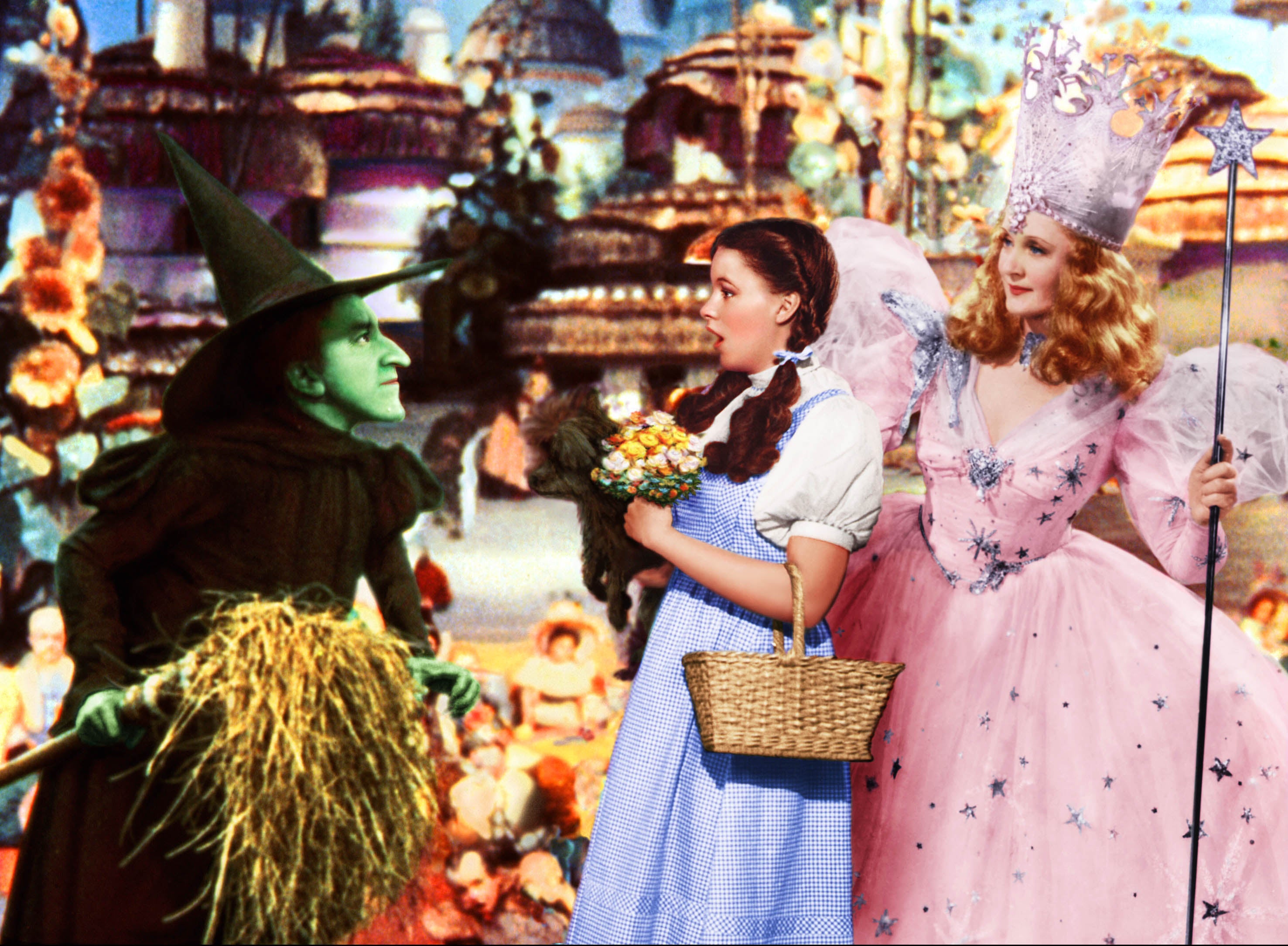Mea culpa: our cup of beauty treatments overfloweth
Our chief pedant, John Rentoul, goes in search of misheard words in last week’s Independent


In an article about “beauty” treatments for jaws, we quoted Nora Ephron’s I Feel Bad About My Neck, and said that these days “she would have honed in a little higher up”. This use of “hone” is an example of an eggcorn, where one word is misheard for another, such as eggcorn for acorn, one of the examples listed by Geoffrey Pullum, the linguist.
I once compiled a Top 10 Eggcorns, including “to be pacific”, “damp squid” and “a doggie-dog world”.
We meant “homed in”, as in a missile homing in on its target, which is presumably derived in turn from pigeons returning home after being released hundreds of miles away. As it is a rather obscure metaphor, it is no wonder that “hone” is sometimes drafted in instead: it means “sharpen” and is almost always used metaphorically, as in “hone your skills”. That is similar to our meaning here, but not quite right, and “hone in” does not make sense.
Full of face: Later in the same article, we said that a facelift used to be the only way to “spruce up” a sagging jaw: “Now, though, the beauty industry has moved on so significantly that there are a plethora of options for those wanting to take action.” A reader wrote to say that “a plethora” is a singular noun, and so it should say “there is a plethora of options”.
I disagree. I think most people would say “there are a number of options”, and that “there is a number of options” sounds odd.
I remember Guy Keleny, my predecessor as author of this column, once tried to argue that plethora means a harmful excess of something, which it could do in Greek and Latin, although its original meaning was simply “an overfullness”.
So I think it was fine to use it as we did, a singular noun treated as a plural, and meaning that the cornucopia of treatments available to people wanting to change their jawline is overflowing.
War to end war: We had a headline on our home page yesterday that said, “The starting gun has been fired to avoid WWIII.” Firing a gun to avoid a war might in some cases be a clever aphorism, but a starting gun is just a mixed metaphor. We meant something along the lines of “the race to avoid WWIII has begun”.
Legal language: On Monday we reported the notorious chicken-nugget case – that of Klevis Disha, a criminal who appealed successfully against his deportation to Albania on the grounds, among other things, that his son did not like Albanian nuggets.
We used “appeal” several times without the word “against”, an American usage that is probably now more common in Britain than the traditional form. It was even used by Kemi Badenoch, the leader of the opposition, in the House of Commons on Wednesday, when she asked the prime minister “if he would appeal the decision” in a different immigration case – that of the Palestinian family who had applied to enter the UK under the Ukrainian settlement scheme.
This column has always accepted that language changes, but it holds to the view that traditional and more formal usages tend to seem more authoritative. So I think it is worth sticking to “appeal against” for a little while yet.
I take a stricter view of another new usage in the same report: “The case is ongoing.” This sounded like the traditional “The case continues”, a phrase used to indicate that the court is still in the middle of hearing evidence, but using the word “ongoing”, which is on my Banned List.
As we reported, what had actually happened was that the upper tribunal had ruled against Disha and referred the case “to a new judge for further review”. We did not therefore need the “case is ongoing” phrase, which served only to confuse.
Not guilty, your honour: In a review of England’s win against France in rugby, we said that France missed “three guilt-edged chances …” They may feel guilty about them afterwards, having lost the match by just one point, but as Philip Nalpanis pointed out, we meant “gilt-edged”, as in government bonds that are regarded as a safe investment. The paper bond certificates used to have a gilded or gold edge to make them look special.
Join our commenting forum
Join thought-provoking conversations, follow other Independent readers and see their replies
Comments
Bookmark popover
Removed from bookmarks